Kalbajar: Uncovering archives of hatred and injustice No statute of limitations
War is not only about battles and strategies. It is also about human destinies, ruined lives, and crimes that cannot be justified. The tragic events in the Kalbajar region in the spring of 1993 became one of the most brutal episodes of the Armenian-Azerbaijani conflict, revealing to the world the depth of the brutal hatred that the Armenian armed forces harboured towards the Azerbaijani people.
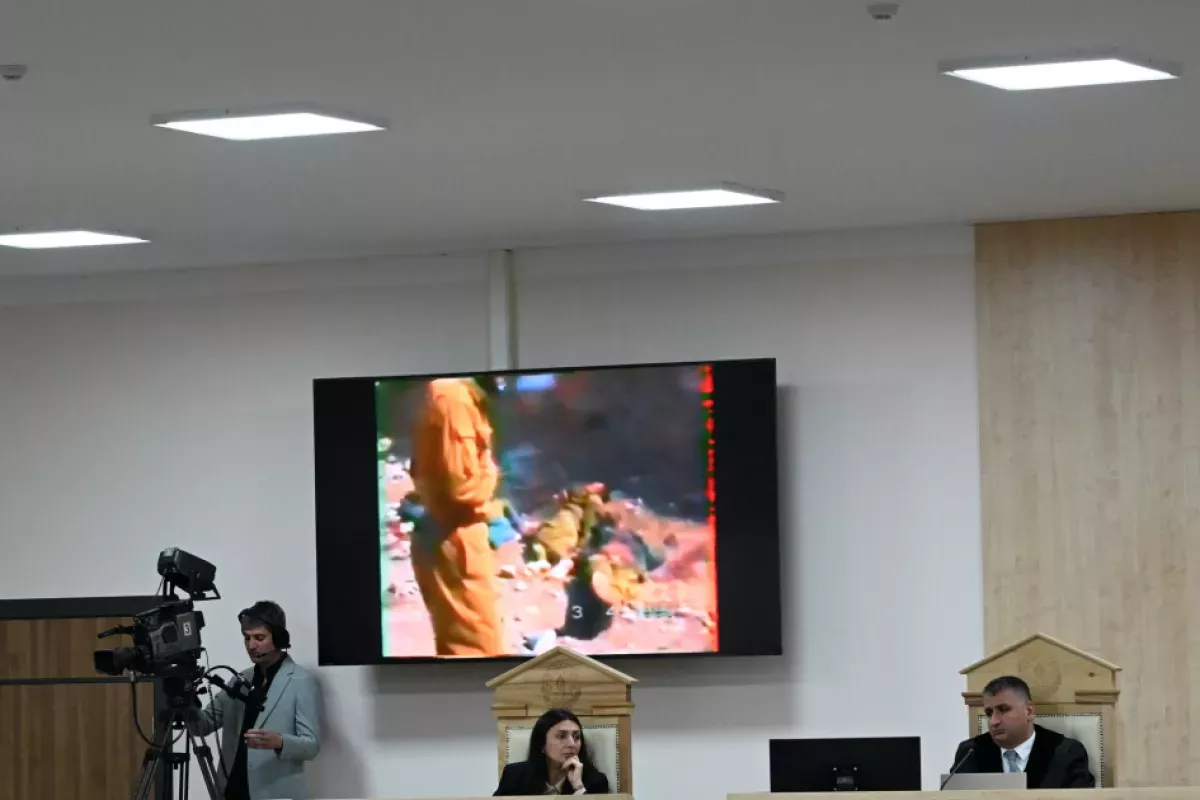
Yesterday, on May 8, clear and irrefutable evidence of this hatred was presented. This occurred during the trial of criminal cases involving citizens of the Republic of Armenia Arayik Harutyunyan, Arkadi Ghukasyan, Bako Sahakyan, Davit Ishkhanyan, Davit Babayan, Levon Mnatsakanyan, and others, accused of committing crimes against peace and humanity, war crimes, including the preparation and waging of aggressive war, genocide, violations of the laws and customs of war, as well as terrorism, financing terrorism, forcible seizure of power, its violent retention, and numerous other crimes.
I deliberately listed all the charges brought against the former leaders of the Karabakh junta. In Armenia, as well as in some countries and organisations, with the help of hired politicians and journalists who profit from spreading cynical lies, these individuals are presented as "prisoners of war" and almost as "innocent victims."
But, as the classic writer said, manuscripts do not burn. The evidence of the monstrous crimes committed by the Armenian side against Azerbaijanis has also been preserved. And yesterday, it was presented once again.
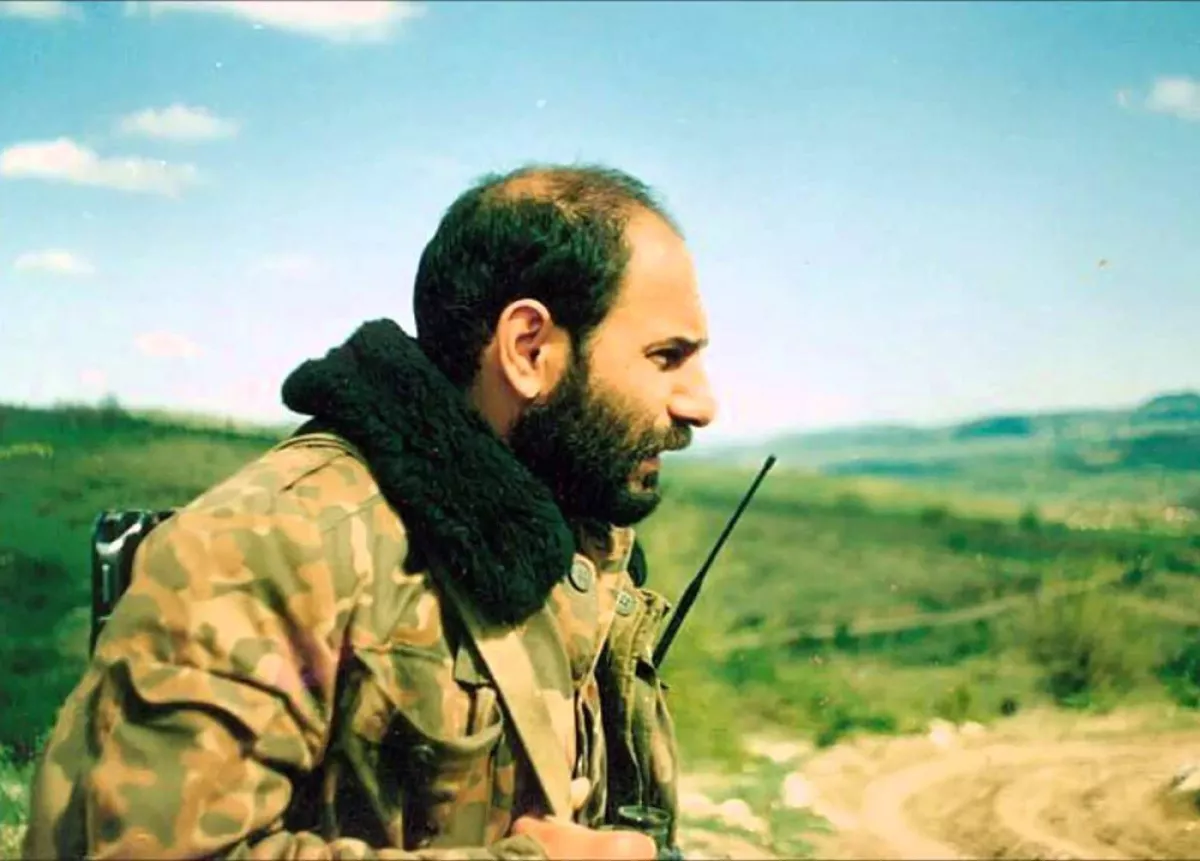
In the video footage from March-April 1993, one of the leaders of the Armenian militants, known worldwide as the terrorist Monte Melkonian, declares that "by annexing Kalbajar to Armenia, the entire region will be annexed to Armenia," expressing hope that "the Azeris will understand that it is all over."
This statement was made during the active phase of the offensive, in which Armenian forces, supported by heavy equipment, occupied Kalbajar, destroying villages and exterminating civilians.
But that was far from everything. Eyewitness testimonies are the voice of pain that cannot be forgotten. Zabil Safarov recalls how, on April 4, the Armenians took him away on a tank, and his grandmother was killed simply for saying, "Azerbaijani army will liberate these lands." He was then taken to the village of Vang (now Chinarli), where the torture began.
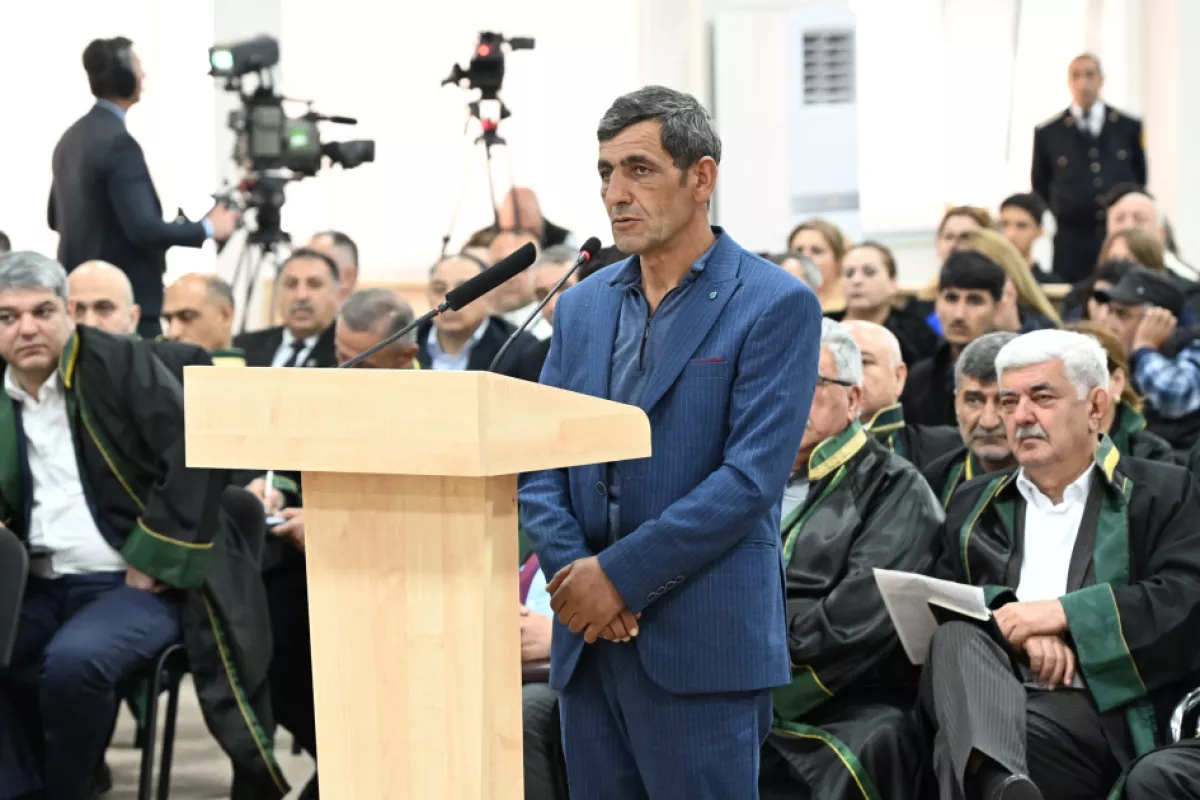
In the Shusha prison, he witnessed monstrous acts of violence: "The Armenians heated a skewer and burned the body of an Azerbaijani soldier," he says. According to him, the Armenians buried people alive, leaving only their heads above the ground, looted cemeteries, and desecrated bodies.
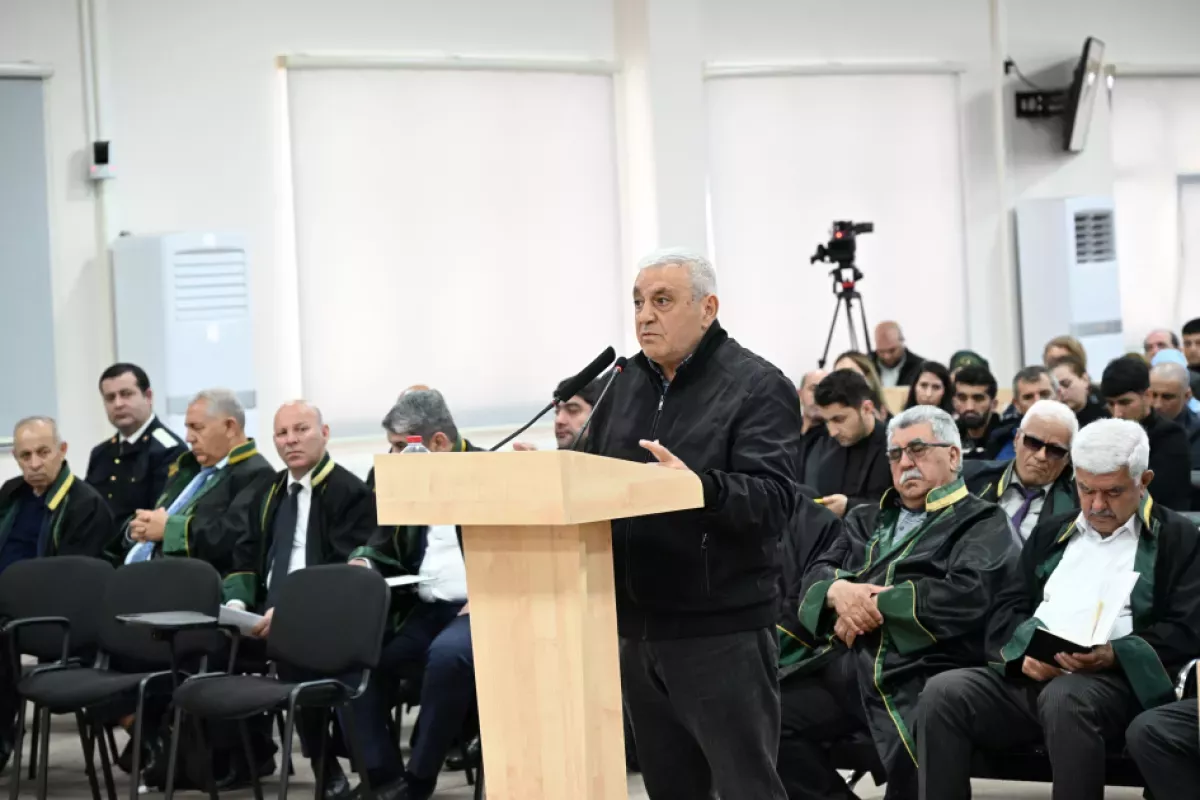
The victim, Mushfig Aliyev, also ended up in captivity—he spent nearly two years in inhuman conditions, enduring regular beatings and humiliations by Armenian guards. His fate is just one of many.
They did not spare the village of Aghdaban, which the Armenians shelled on April 8, 1992. The village was surrounded and attacked using heavy-calibre weapons. Nearly 700 residents found themselves under fire, their homes were destroyed, and many were killed or taken hostage.
The cruelty of the Armenians was evident not only in the atrocities committed against prisoners but also in symbolic expressions. In video footage from the village of Bashlibel, one of the armed Armenians, with a smirk, says: "We will reach Kirovabad, and as the gypsies say, Ganja." This is not just bellicose bravado—such expressions clearly reflect the deeply rooted hatred and contempt for the Azerbaijani people, which even shows in their everyday language.
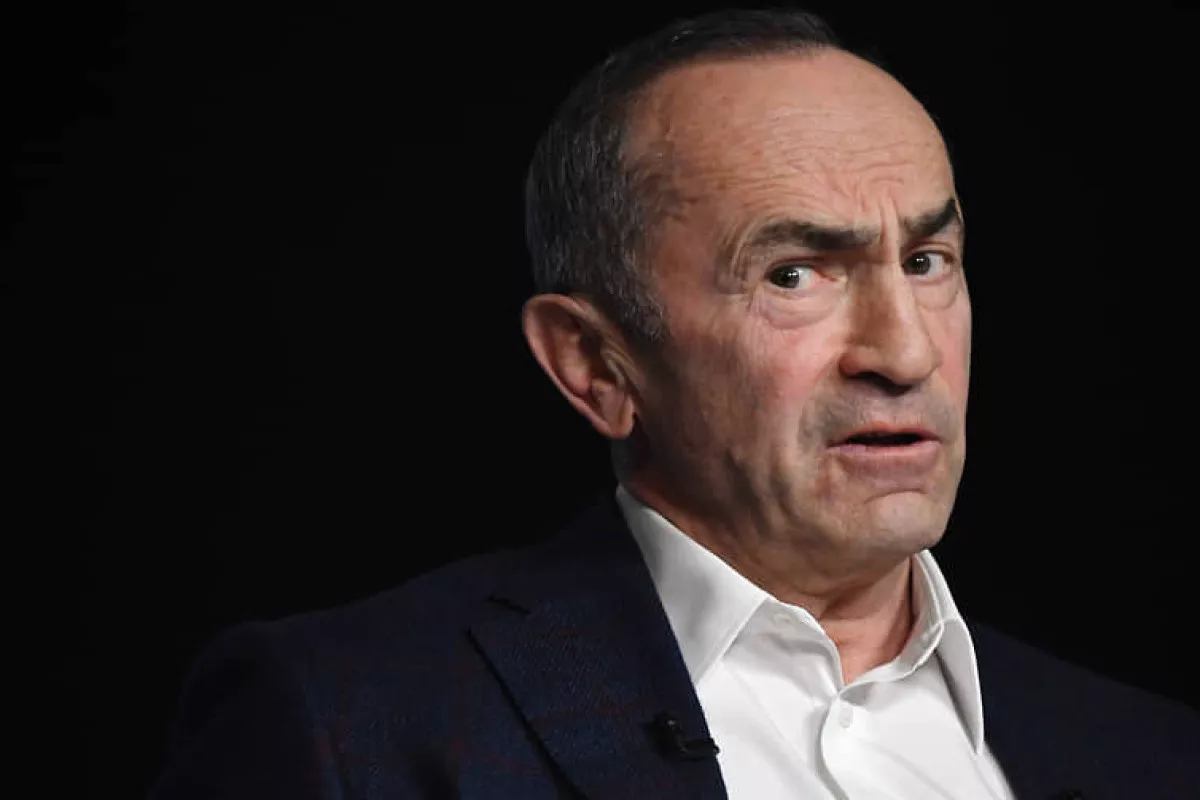
A special place in this narrative is occupied by the statement made by then-President of Armenia Robert Kocharyan in 2003, about the "genetic incompatibility of Armenians and Azerbaijanis." This phrase became a symbol of a racist approach, justifying any crimes. In the mouth of a statesman, such statements are not just expressions of hatred—they form an ideology that justifies the most monstrous crimes against Azerbaijanis.
It is absolutely clear— the events in Kalbajar, which were discussed yesterday during the trial of the former leaders of the Karabakh junta, are not just an episode of the First Karabakh War. They are a warning to the entire world—when hatred becomes state policy, it turns into a catastrophe for thousands of people. Unfortunately, as long as the international community does not give a clear legal and moral judgment of these crimes, such tragedies will continue to repeat.








